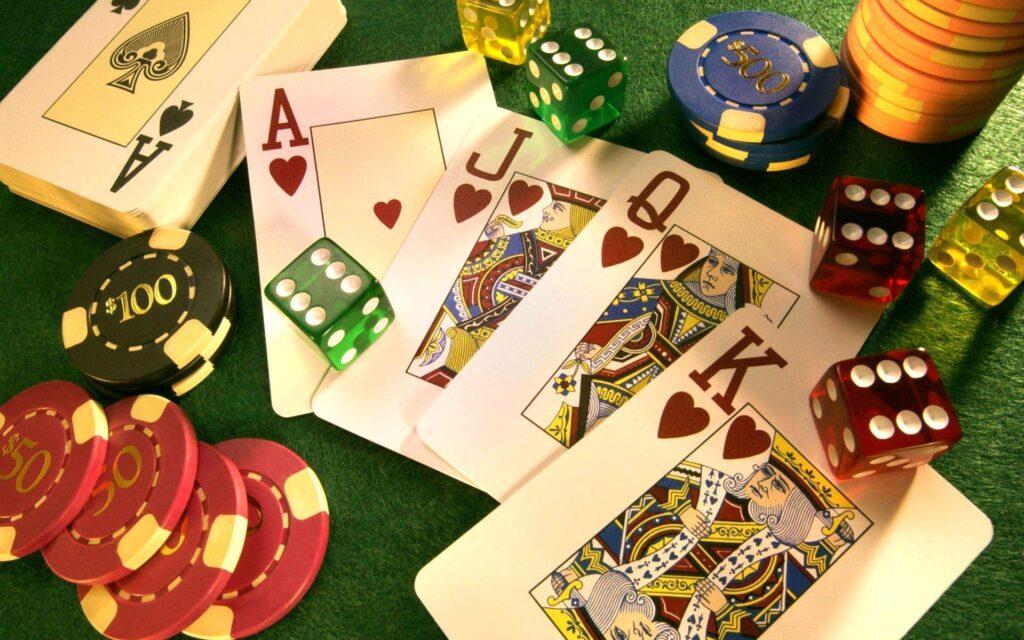Often viewed as entertainment, betting can turn into a difficult problem for some people. The line between flippant bets for no particular reason and addiction can be a thin one, and it’s vital to understand the hidden mental elements that push people over that line. In this article, we will delve into the mental side of betting fixing by providing an understanding of its causes, symptoms, and potential mediations.

Mind and rate reward system
The basis for understanding betting enslavement is the prize structure of the brain. This structure is responsible for the feeling of joy and satisfaction. However, when it comes to staking, this structure can be hacked.
When people place bets, the possibility of winning creates a surge of dopamine, a neurotransmitter associated with pleasure and reward. Over time, with repeated exposure, the brain gets used to looking for those bursts of dopamine, leading to more gambling. As a result, the player begins to associate the game with the reward, even if he loses more than he wins.
Illusion of control
One of the significant psychological factors contributing to the development of gambling addiction is the illusion of control. Many players believe they can predict or influence the outcome of a game based on past performance, even in games of chance such as roulette or slot machines. This cognitive bias reinforces the belief that one more bet can result in a win, encouraging people to chase losses and bet more than they can afford.
Social and environmental impacts
The environment in which gambling takes place can exacerbate psychological stress. Casinos, for example, are designed to keep people engaged, with bright lights, free drinks, and other entertainment. In addition, society’s attitudes towards gambling, peer pressure, and embellishment of a big win can contribute to an individual’s susceptibility to gambling addiction.
Addiction Spiral
As with other addictions, gambling can create a vicious cycle. Initial wins can lead to a false sense of certainty, prompting higher wagers. Losses then push the person to pursue those losses, believing that a big win is just around the corner. This cycle can lead to financial stress, broken relationships, and serious mental health issues.
Coping mechanisms and the role of stress
Stress and life challenges can make some people more susceptible to gambling addiction. Gambling can act as a refuge, offering a temporary respite from the pressures of life. Over time, this coping mechanism can become a primary way of coping with stress, further reinforcing addictive behaviors.
The role of comorbidities
Often, people with a gambling addiction may have other psychiatric disorders. Conditions such as depression, anxiety, or bipolar disorder can increase the risk of gambling addiction. Identifying and treating these comorbidities is critical to addressing the root of addiction.
Intervention and breaking the cycle
Fighting gambling addiction requires a comprehensive approach. Cognitive behavioral therapy has proven effective in treating gambling addiction by helping people recognize and change their harmful thought patterns. What’s more, support groups and community resources can provide much-needed support to those who are recovering.
The Psychological Basis of Relapse
While many people take steps to overcome their gambling addiction, the road to recovery is often marked by relapses. Understanding why relapses occur is critical to long-term success in abstaining from gambling.
- Memory and nostalgia
One of the key factors is the brain’s tendency to remember wins more vividly than losses. Over time, a person can remember the euphoria associated with a significant win, while the pain and regret of countless losses fade away. This distorted memory can create a nostalgic attraction, tempting people to gamble again, thinking they can repeat past successes.
- Situational triggers
Certain conditions or emotional states can trigger a relapse. It could be a visit to a place where you used to gamble, exposure to gambling advertisements, or even a state of increased stress and anxiety. Identifying these triggers and developing strategies to manage or avoid them is critical in the recovery process.
Steps to Strengthen Recovery
Relapse prevention requires both internal and external strategies. Here are some important steps:
- Continuing Education: Constantly reminding yourself of the dangers of gambling addiction and keeping up with the latest research and treatments can serve as a deterrent.a debilitating factor.
- Peer Support: Joining groups or communities where members share their experiences, challenges, and success stories can offer both inspiration and responsibility.
- Establishing Financial Guarantees: Allowing a trusted person to manage their finances or setting spending limits with banks can create an external barrier against compulsive gambling decisions.
- Professional Help: Regular meetings with therapists or counselors can provide guidance, coping strategies, and a safe space to discuss potential triggers.

Final Thoughts
The complex psychology of gambling addiction is a testament to the complexity of the human mind and its susceptibility to external influences. However, we believe that through continuous research, awareness and public support, people can overcome this problem. Travel can be fraught with setbacks, but with resilience, determination, and the right resources, a gambling-free life is achievable.
